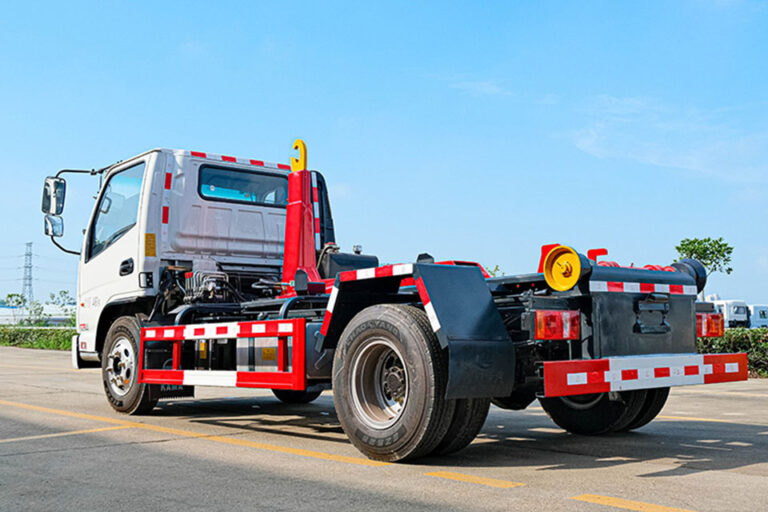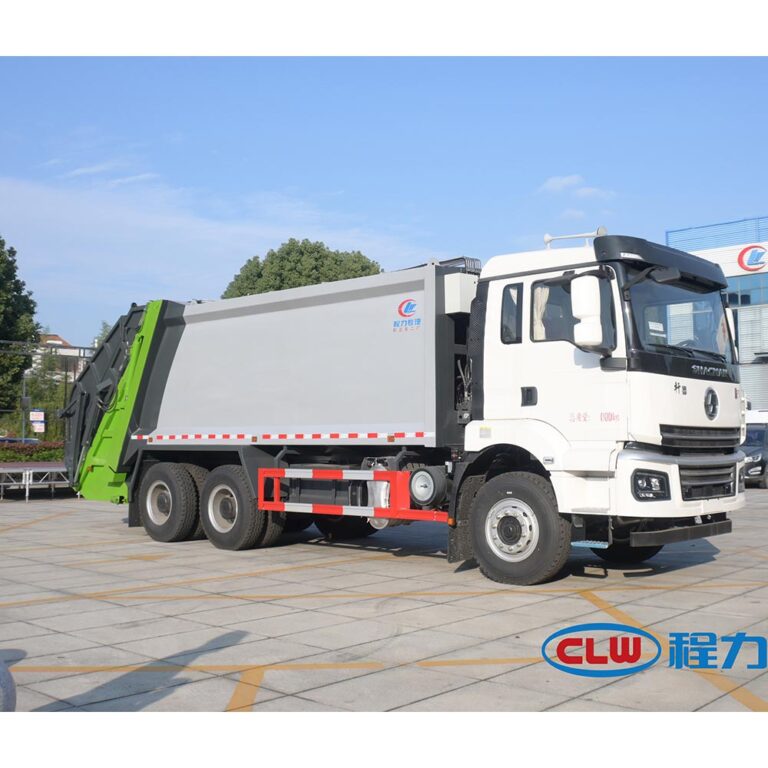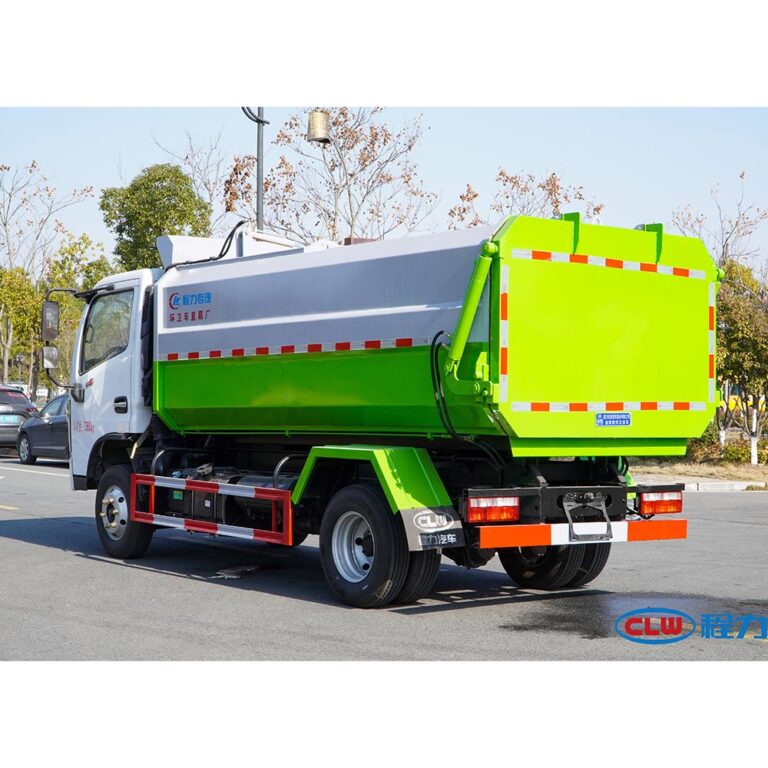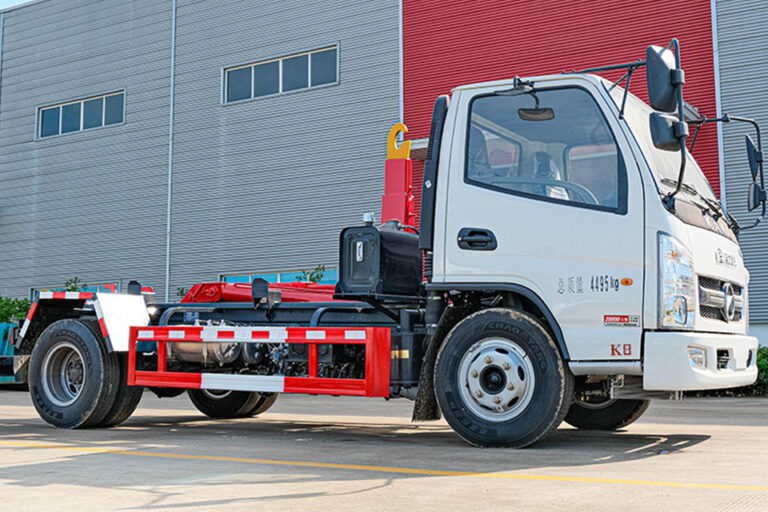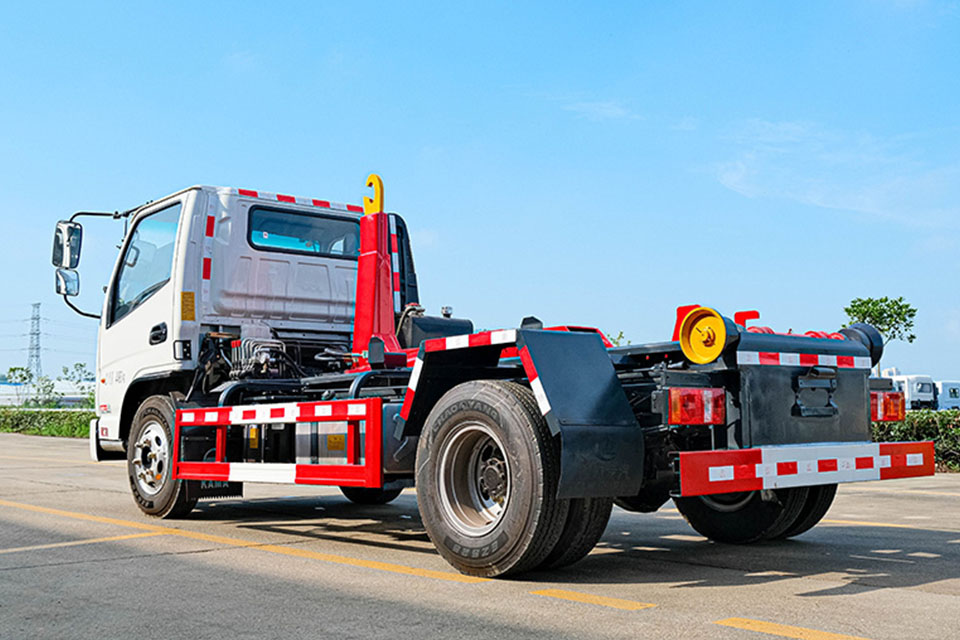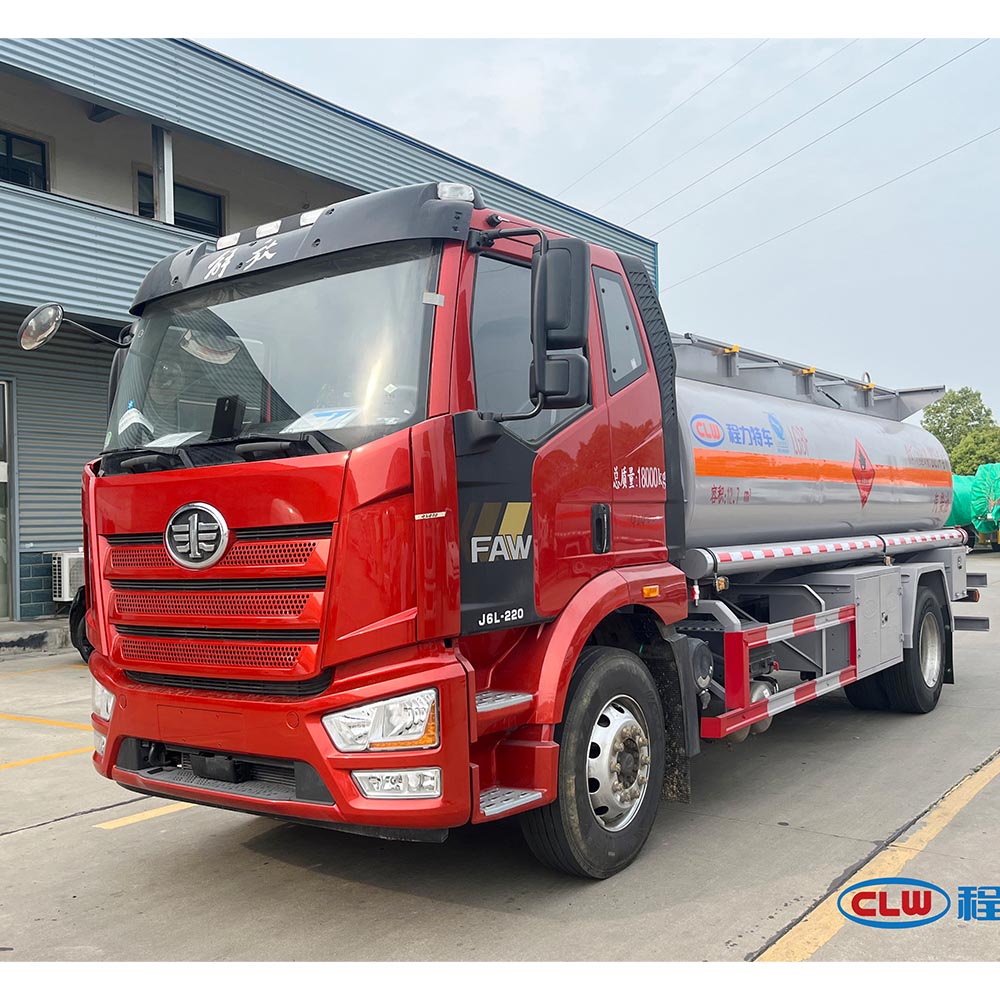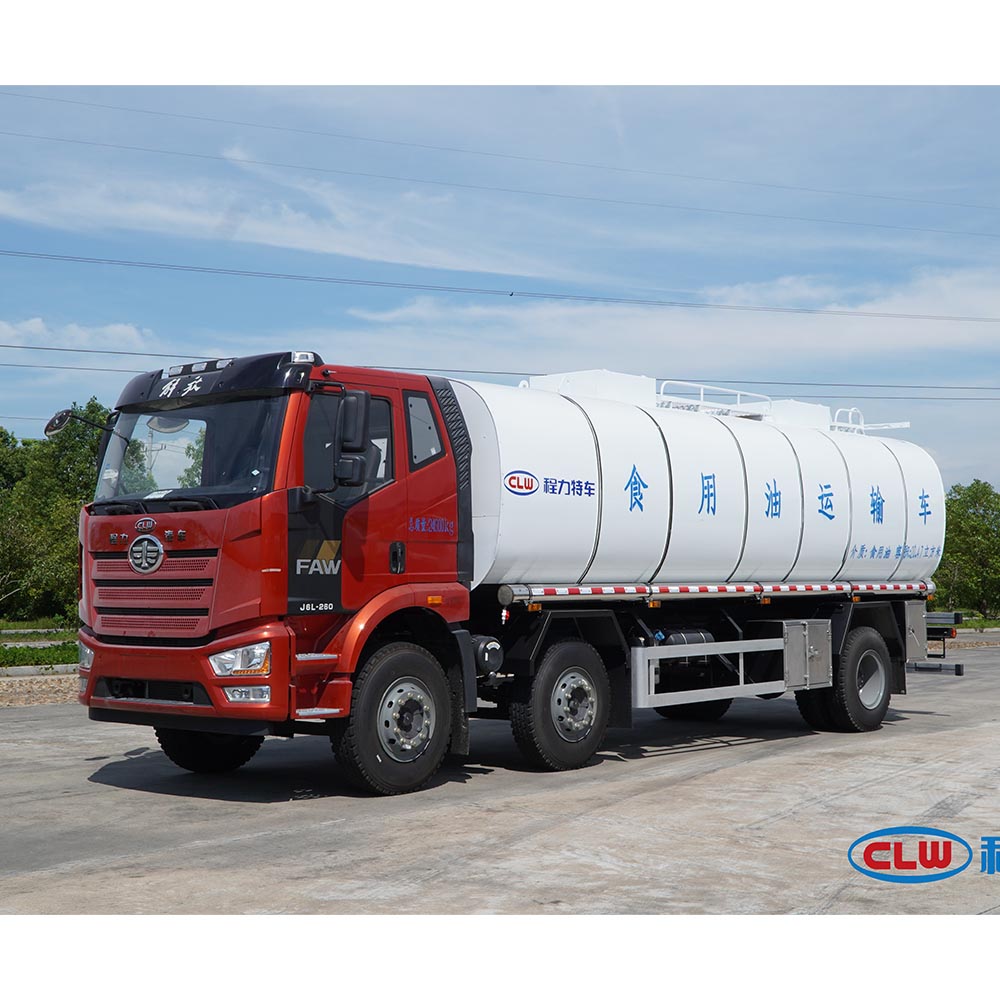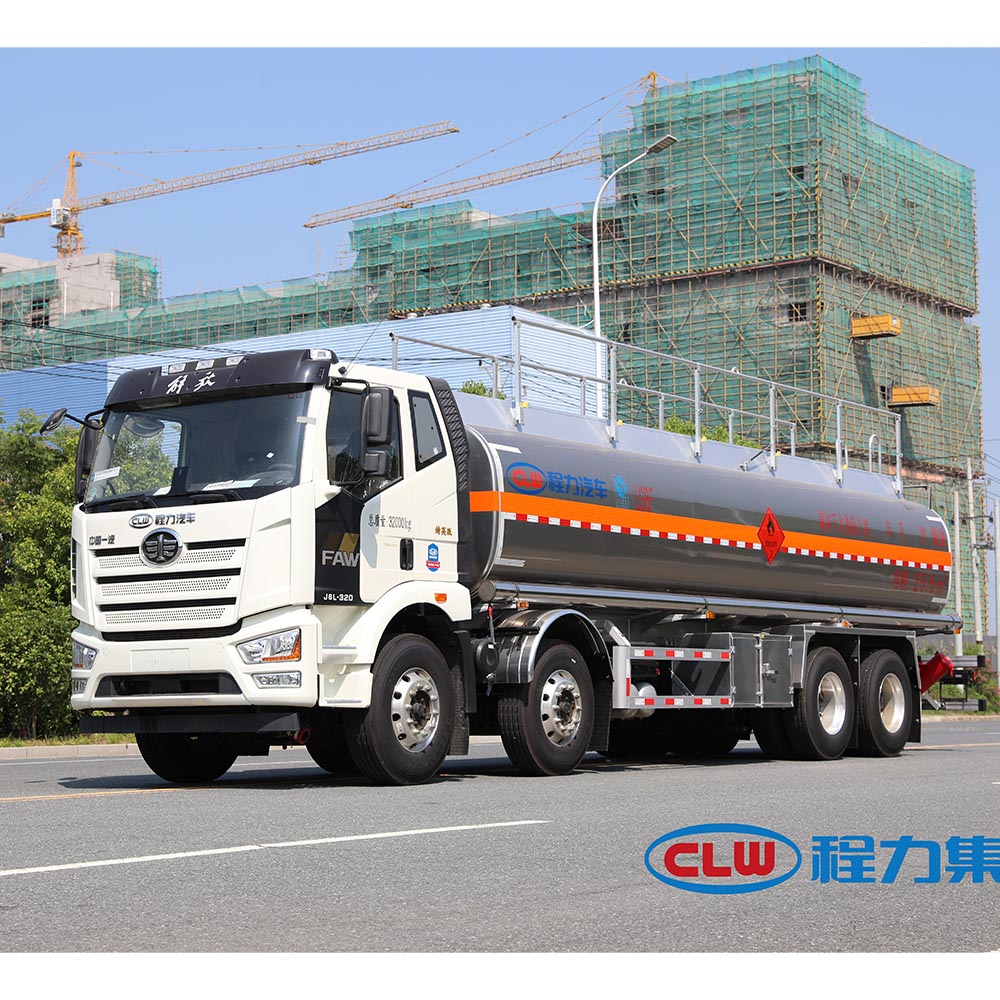-
Chengli Automobile Industrial Park

Applications of Pressure Washing Trucks in Fleet Cleaning
Applications of Pressure Washing Trucks in Fleet Cleaning: A Complete Guide
Table of Contents
Why Fleet Pressure Washing Matters
Fleet cleaning is more than making trucks look pretty. It helps trucks work better and last longer. When dirt, grime, and salt build up on trucks, they can cause big problems.
Pressure washing trucks is a key part of taking care of your fleet. It does more than just make your trucks look clean. It helps them run better and saves you money.
Regular pressure washing stops damage before it starts. This is very important in winter when salt on roads can eat away at your trucks.
Core Applications of Pressure Washing in Fleet Maintenance
Preventive Maintenance
Pressure washing helps stop damage before it starts. It gets rid of things that can hurt your trucks:
- Road salt that causes rust
- Mud that holds moisture against metal parts
- Oil and grease that break down parts
- Pollen that can clog air filters
High-powered washing removes all this gunk while being gentle on paint and truck parts.
Regulatory Compliance
Fleet washing helps you follow health and safety rules. Many places have laws about how clean trucks must be. Not keeping trucks clean can lead to:
- Fines
- Failed inspections
- Legal trouble
Brand Image Enhancement
Your fleet is like a moving billboard for your company. Dirty trucks make your brand look bad. Clean trucks show that you:
- Care about details
- Run a professional business
- Take pride in your work
Seasonal Cleaning Solutions
Different seasons need different types of cleaning:
- Winter: Remove salt to prevent rust
- Spring: Clean off pollen and mud
- Summer: Remove insects and road tar
- Fall: Clear leaves and debris
Key Benefits of Pressure Washing for Fleets
Cost Savings
| Benefit | Data/Statistic | Impact |
|---|---|---|
| Reduced repair costs | Regular washing extends vehicle life by 15-20% | Lower maintenance expenses |
| Prevented corrosion | Salt removal reduces metal degradation | Fewer part replacements |
| Better fuel economy | Clean vehicles have less drag | 5-10% fuel savings |
| Extended paint life | Removes corrosive substances | Delayed repainting needs |
Regular pressure washing stops small problems from becoming big, expensive ones.
The Power of Pressure Washing for Fleets
Market Size & Growth
Benefits of Pressure Washing
- Cost Savings: Extends vehicle lifespan by 15-20%
- Fuel Efficiency: Improves by 5-10%
- Compliance: Meets health and safety standards
- Brand Image: Enhances professional appearance
Key Industry Players
Improved Fuel Efficiency
Clean trucks use less fuel. This is a fact backed by studies. When dirt builds up on a truck:
- It creates drag
- The engine works harder
- More fuel gets used
Clean trucks can save 5-10% on fuel costs, which adds up fast for big fleets.
Sustainability
Modern fleet washing is eco-friendly:
- Water reclamation systems catch and clean water for reuse
- Biodegradable soaps don’t harm plants or animals
- Efficient pressure washers use less water than older methods
Companies like Blue Beacon Truck Wash have over 100 locations using green cleaning methods.]
Operational Efficiency
Mobile fleet washing services bring the cleaning to you:
- No driving trucks to a wash site
- No downtime waiting in lines
- Washing happens during off-hours
This keeps your trucks on the road making money.
Advanced Pressure Washing Technologies
High-Pressure Systems
Modern pressure washing trucks use smart technology:
- Adjustable pressure settings
- Hot water options for grease
- Special nozzles for different areas
These systems clean faster while using less water than old methods.
Mobile Fleet Washing Units
Mobile washing brings all the tools to your yard:
- High-powered pressure washers
- Water tanks and recycling systems
- Eco-friendly cleaning products
This is perfect for fleets that need to stay on schedule.
Eco-Friendly Innovations
The pressure washing industry is going green with:
- Water recycling that saves up to 80% of water
- Solar-powered cleaning units
- Chemical-free cleaning options
The U.S. pressure washing market alone is worth $1.2 billion and growing at 5.8% yearly.]
Best Practices for Effective Fleet Pressure Washing
Frequency Guidelines
How often should you wash? It depends on:
- What your trucks haul
- Where they drive
- The season
- Local weather
For most fleets, a good rule is:
- Full wash every 2-4 weeks
- Quick rinses after bad weather
- Deep cleaning quarterly
Choosing the Right Service Provider
Look for companies that have:
- Wastewater recovery systems to meet EPA rules
- Trained staff who won’t damage trucks
- Flexible scheduling to fit your needs
Ask about their cleaning methods and what products they use.
DIY vs. Professional Services
While some fleets clean in-house, professional services offer:
- Better equipment
- Proper wastewater disposal
- Faster cleaning times
- Less risk of damage to trucks
The global pressure washer market was worth $3.28 billion in 2024 and will reach $3.42 billion in 2025.]
Environmental Impact of Fleet Pressure Washing
Green cleaning is not just good for Earth—it’s good business:
- Meets stricter environmental laws
- Avoids fines for improper wastewater disposal
- Creates goodwill with the public
Many fleet washing companies now use:
- Water recycling systems that capture and clean water
- Biodegradable soaps that break down naturally
- Low-flow, high-pressure systems that use less water
For fleets that haul food or sensitive items, check out High-End Refrigerated Trucks that need special cleaning methods.
Case for Regular Pressure Washing: ROI & Longevity
The return on investment for regular fleet washing is clear:
- Trucks last 15-20% longer with regular cleaning
- Resale value stays 5-10% higher for well-maintained trucks
- Repair costs drop by reducing corrosion damage
One case study found a 100-truck fleet saved over $50,000 yearly in maintenance costs through regular pressure washing.
For companies that transport oil, check out Aluminum Alloy Oil Truck options that need special cleaning to prevent contamination.
FAQs About Fleet Pressure Washing
How often should I pressure wash my fleet?
Most fleets benefit from washing every 2-4 weeks, with more frequent washing in winter when salt is on roads.
Can pressure washing damage vehicle paint?
When done right by trained pros using the right pressure and distance, it won’t damage paint. Bad technique can cause damage.
What makes mobile fleet washing more efficient?
Mobile washing eliminates travel time to wash facilities, reduces vehicle downtime, and allows washing during off-hours.
Conclusion: Future-Proof Your Fleet
Pressure washing is a smart investment for any fleet owner. It:
- Keeps trucks looking professional
- Makes them last longer
- Saves money on repairs and fuel
- Helps follow rules and laws
The pressure washing industry is growing fast, with new tech making it greener and more effective. If you have Fuel Trucks or other specialized vehicles, proper cleaning is even more important.
By making fleet pressure washing part of your regular maintenance, you protect your investment and keep your business running smoothly for years to come.

